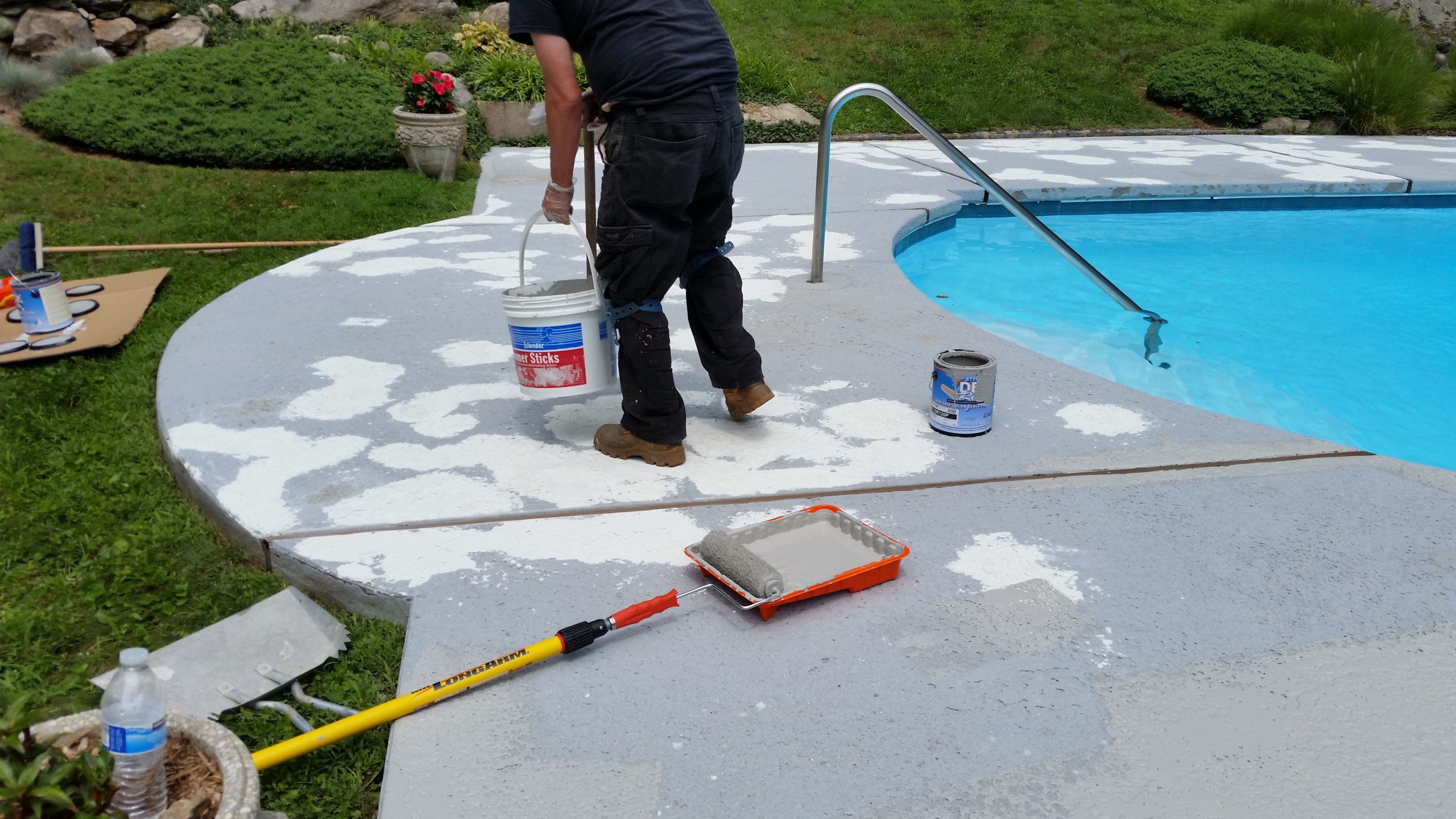Summer is here, and there's no better way to beat the heat than taking a refreshing dip in your own backyard pool. However, before you can fully enjoy those splashing moments, it's important to ensure your pool is in top working condition. While pool repairs may seem like a daunting task, fear not! With the right knowledge and a little bit of effort, you'll be able to dive into a summer of savings by tackling these essential pool repair tips.

A well-maintained pool not only guarantees hours of family fun and relaxation, but it also extends the lifespan of your pool equipment while minimizing costly repairs. Whether you're dealing with a leaky pool liner, a malfunctioning pump, or simply need to replace a few tiles, this article will provide you with valuable insights and step-by-step instructions to keep your pool in pristine condition throughout the summer months. So let's roll up our sleeves, grab our tools, and embark on this pool repair journey together. Get ready to make a splash while stretching your savings!
Common Pool Repair Issues
Pool owners often encounter various repair issues that can disrupt their swimming plans during the summer season. It's essential to be aware of these common pool repair problems and know how to address them promptly. Here are a few issues that pool owners frequently face:
Leaking Pipes: Leaks in pool pipes can lead to water loss and affect the pool's overall functionality. Identifying Boca Raton pool repair of the leak can be challenging, as it may be hidden underground or behind pool structures. Engaging a professional pool technician is advised to accurately detect and fix the leaking pipes, ensuring the pool operates efficiently.
Cracked Pool Deck: Over time, the pool deck can develop cracks due to weathering, shifting soil, or heavy usage. These cracks not only compromise the aesthetics of your pool area but also pose safety risks. Repairing a cracked pool deck typically involves filling the cracks with appropriate materials, such as an epoxy-based compound, and resealing the surface. Regular maintenance and timely repairs can help preserve the durability and appearance of your pool deck.
Malfunctioning Pool Pump: A faulty pool pump can disrupt the circulation of water, impact water quality, and significantly increase energy consumption. Issues like unresponsive motors, excessive noise, or inadequate water flow may indicate problems with the pool pump. To rectify these issues, pool owners should consult a professional technician to assess the pump's condition and carry out necessary repairs or replacements.
By being aware of these common pool repair issues, you can stay prepared and take prompt action when necessary. Regular maintenance, periodic inspections, and seeking professional help can help ensure a splashing summer filled with worry-free pool fun.
DIY Pool Repair Tips
Assess the Damage: Before diving into any pool repair project, it's important to thoroughly assess the damage. Take a close look at the pool's surface, plumbing, and equipment to identify any cracks, leaks, or other issues. This will help you determine the necessary steps to take for effective repairs.
Patching Up Small Cracks: If you notice small cracks in your pool's surface, you can easily patch them up yourself. Start by cleaning the area around the crack with a pool brush and water. Once it's dry, apply a pool repair patching compound or epoxy designed for underwater use. Smooth it over the crack, ensuring it's evenly applied. Allow it to dry completely before refilling the pool.
Fixing Leaks: Leaks in the pool can be a common problem, but they can often be fixed with some DIY know-how. Start by locating the source of the leak. It could be in the pool's plumbing or in the pool itself. If it's in the plumbing, check for any loose connections or faulty seals. Tighten or replace them as needed. For leaks in the pool, you can use a pool leak repair kit to seal them. These kits typically include an adhesive and a patch that can be applied underwater.
Remember, while these DIY pool repair tips can be helpful for minor issues, it's important to seek professional assistance for more complex repairs or if you're unsure about the extent of the damage.
When to Call a Professional
Sometimes, pool repair projects can be challenging and require the expertise of a professional. Here are a few instances when it's best to leave the job to the experts:
Extensive Structural Damage: If your pool has significant cracks, leaks, or other structural damage, it's crucial to call a professional. They have the knowledge and skills to assess the severity of the issue and perform the necessary repairs.
Electrical Problems: Dealing with electrical components in and around the pool can be dangerous if you're not experienced. If you're experiencing electrical issues such as malfunctioning lights or faulty wiring, it's best to contact a professional electrician who specializes in pool systems.
Complex Plumbing Troubles: Plumbing problems can be complicated, especially when it involves pool equipment like pumps, filters, or pipes. A professional pool technician can diagnose and fix any plumbing issues to ensure your pool operates at its best.
Remember, safety should be a top priority when it comes to pool repair. If you're uncertain about any aspect of the repair process or feel overwhelmed, it's always better to seek professional help.
